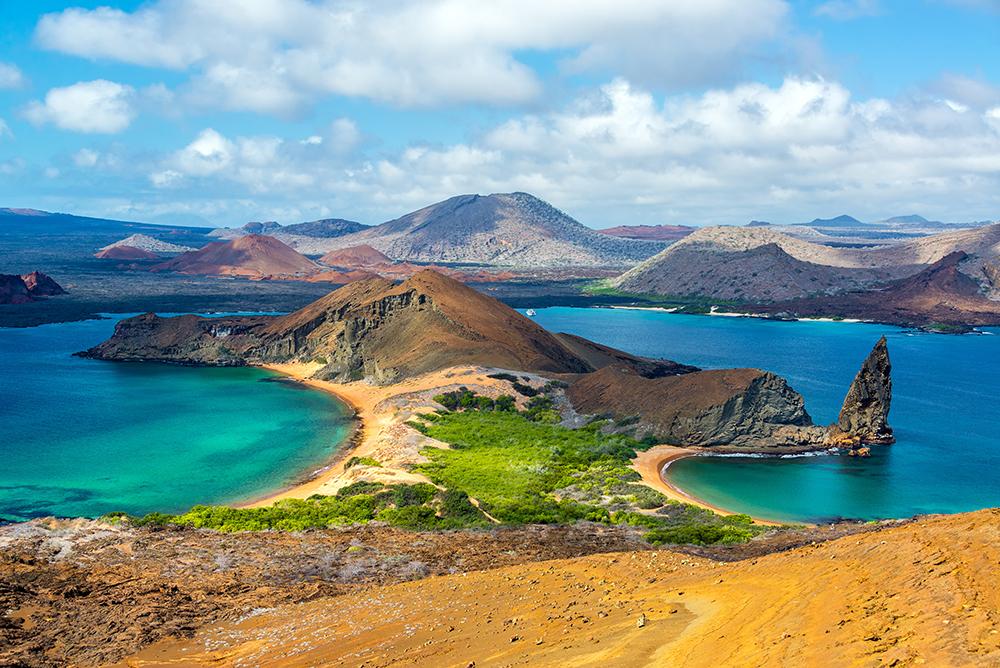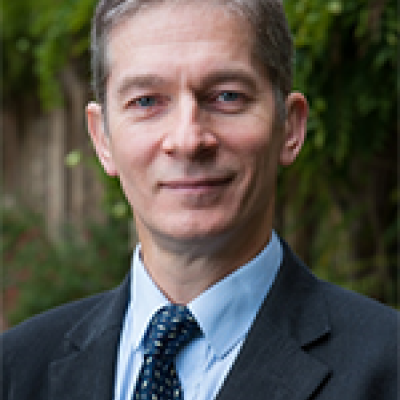Study reveals extent of human impact on the world's plant-life

Research has shed new light on the impact of humans on Earth's biodiversity. The findings suggest that the rate of change in an ecosystem's plant-life increases significantly during the years following human settlement, with the most dramatic changes occurring in locations colonized in the last 1500 years.
An international research team, including Prof Rob Whittaker, Professor of Biogeography at the School of Geography and the Environment, studied fossilised pollen dating back 5000 years, extracted from sediments on 27 islands. By analysing the fossils they were able to build up an understanding of the composition of each island's vegetation and how it changed from the oldest to the most recent pollen samples.
The study was led by Dr Sandra Nogué, Lecturer in Palaeoenvironmental Science at the University of Southampton, who said, "Islands provide the ideal environment to measure human impact as most were colonized in the past 3000 years when climates were similar to today's conditions. Knowing when the settlers arrived on an island means that scientists can study how the composition of its ecosystem changed in the years before and after."
The results, published in Science, showed a consistent pattern on 24 of the islands where human arrival accelerated the turnover of vegetation by, on average, a factor of eleven. The most rapid changes occurred in islands that were settled more recently - such as the Galápagos, first inhabited in the 16th Century and the Poor Knights archipelago in New Zealand, first populated in the 13th century. Islands where humans arrived more than 1500 years ago, such as Fiji and New Caledonia, saw a slower rate of change.
"This difference in change could mean that the islands populated earlier were more resilient to human arrival but it is more likely that the land-use practices, technology and introduced species brought in by the later settlers were more transformative than those of the earlier settlers," explained Dr Nogué.
The trends were observed across a range of geographic locations and climates, with islands such as Iceland producing similar results to Tenerife and tropical islands.
Prof Rob Whittaker said, "Islands provide great model systems for understanding natural ecological change over long time scales and also, as we show in the paper, for the ways in which humans interfere with those dynamics. One of the most interesting things about these results is that they show that human arrival on islands, whether in pre-historic time, or during the historical era of European expansion, caused similar trajectories of ecological change, but that colonial era colonization tended to generate faster rates of change. This probably reflects the greater connectivity of the founding communities to global markets, leading to very rapid resource exploitation."
Ecosystem change can also be driven by a number of natural factors such as earthquakes, volcanic eruptions, extreme weather and changing sea levels, however the researchers have found that disturbance caused by humans surpasses all of these events and the change is often irreversible. They therefore advise that conservation strategies must account for the long-term impact of humans and the degree to which ecological changes today differ from prehuman times.
"Whilst it is unrealistic to expect ecosystems to return to their pre-colonization conditions, our findings may help to inform targeted restoration efforts and provide greater understanding into the islands' responsiveness to change," concludes Dr Nogué.
Further information
- Nogue, S., et al. (2021) The human dimension of biodiversity changes on islands. Science, 372(6541).
Study reveals extent of human impact on the world's plant-life
Research has shed new light on the impact of humans on Earth's biodiversity. The findings suggest that the rate of change in an ecosystem's plant-life increases significantly during the years following human settlement, with the most dramatic changes occurring in locations colonized in the last 1500 years.





